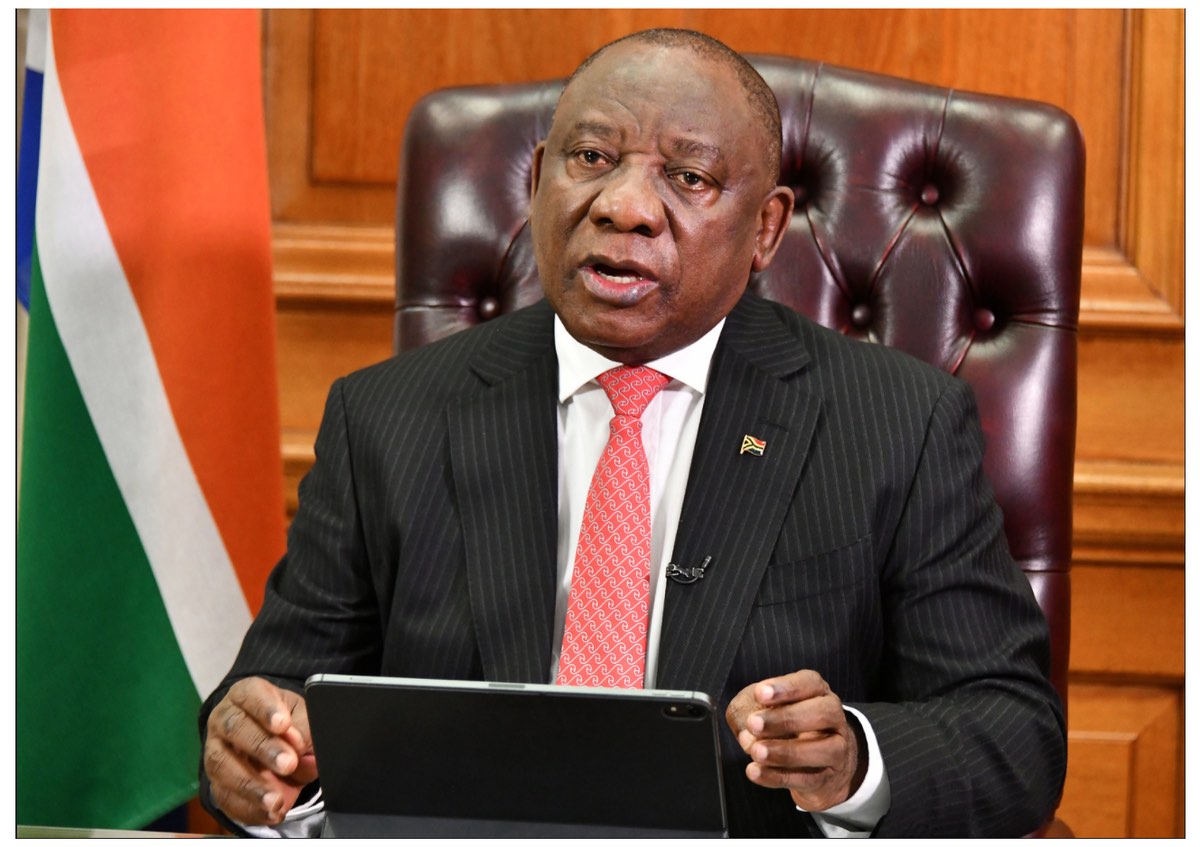President Cyril Ramaphosa’s tenure as the Chairperson of the African Union (AU) will come to an end during a summit of African Heads of State scheduled for this weekend. His election as AU Chairperson was an opportunity to promote democracy, and to bring about peace and stability within the African Continent.
The AU has for a long time turned a blind eye to gross human rights violations perpetuated by leaders across the continent. When President Ramaphosa took over the AU chairmanship role many of us believed that he will dedicate his time towards changing this. But, his record as AU chairperson has left a lot to be desired. It has been characterised by indifference to democratic regression in several African countries and deference to ‘strong man politics’.
The global destruction occasioned by Covid-19 created an opportunity for African governments in fragile democracies to clamp down on dissent and undermine electoral processes in order to extend their hold on power. During this time, Ramaphosa chose to distance himself from these infractions and even went ahead to rubber stamp sham elections as free and fair, including the following:
- Failed to take a stand against the targeting of opposition figures in Zimbabwe by that country’s quasi-military government. The deteriorating economic crisis in Zimbabwe continues to affect South Africa as impoverished Zimbabweans desperately try to cross the border in search of economic opportunities.
- Uganda’s Yoweri Museveni pursued a violent campaign against his political opponents during the country’s just-ended general elections. Several people lost their lives, some were physically assaulted and jailed. The Leader of the Opposition was placed under a military-enforced house arrest.
- Tanzania’s John Mangufuli severely curtailed the democratic space during the 2020 general election which saw him win by a landslide in a sham election.
With the increased threat of regional instability and terrorism, Ramaphosa failed to come up with a coherent AU plan to address these threats to continental security. His strategy has been to defer issues of security to regional bodies, itself a cop-out and failure to take a principled stand on foreign policy issues.
- An example of this is Ethiopia’s Abiy Ahmed’s continued offensive on the Tigray region which has claimed thousands of lives and could potentially lead to a wider conflict that may engulf the entire region.
Under Ramaphosa’s watch, governments across the continent sanctioned lockdowns which resulted in widespread violence against civilians in the name of compliance enforcement by law enforcement authorities. Ramaphosa took a back seat and failed to raise alarm on human rights abuses across the continent:
- He failed to intervene in Nigeria, where authorities weaponised the pandemic and according to Nigeria’s Human Rights Commission, security operatives killed at least eighteen civilians while trying to enforce the state-imposed lockdown to contain the spread of Covid-19.
- In Zimbabwe 3 young female activists were abducted tortured and sexually abused by state security agents. The incident resulted in widespread international condemnation but the South African government remained quiet.
The AU has long been seen as an organisation which turns a blind eye on human rights abuses committed by many African leaders, unfortunately, that trend continued under President Ramaphosa’s tenure. Ramaphosa missed the opportunity to advance democratic change in Africa despite being uniquely positioned to do so.

